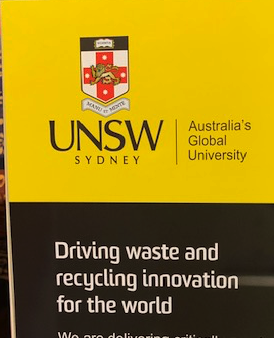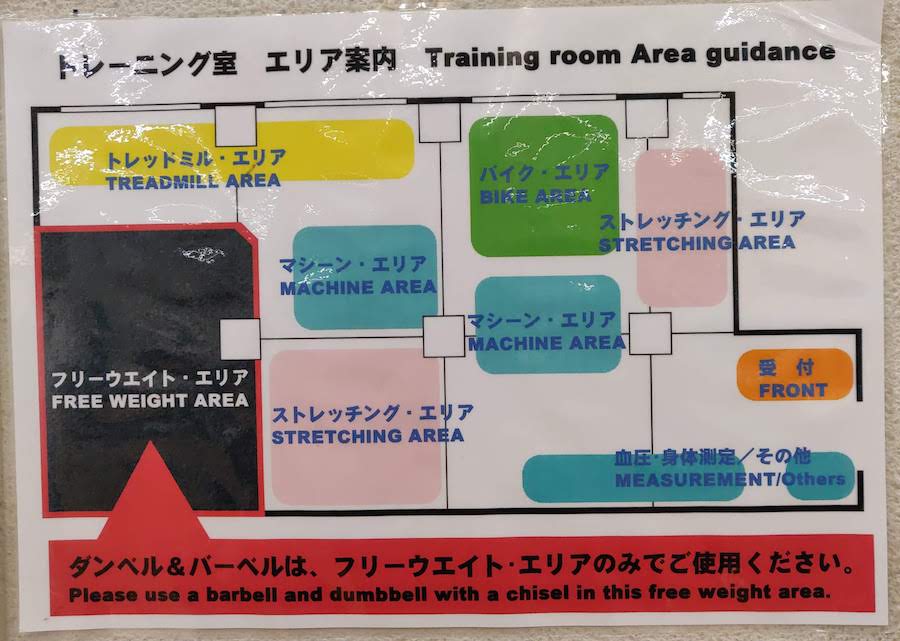During the 2015 presidential campaign, Geoff Pullum wrote about "Trump's aphasia", and I responded ("Trump's eloquence") that
[I]n my opinion, he's been misled by a notorious problem: the apparent incoherence of much transcribed extemporized speech, even when the same material is completely comprehensible and even eloquent in audio or audio-visual form.
This apparent incoherence has two main causes: false starts and parentheticals. Both are effectively signaled in speaking — by prosody along with gesture, posture, and gaze — and therefore largely factored out by listeners. But in textual form, the cues are gone, and we lose the thread.
Last Friday, an Australian journalist complained about the same sort of thing (Lenore Taylor, "As a foreign reporter visiting the US I was stunned by Trump's press conference", The Guardian 9/20/2019). The sub-head: "Despite being subjected to a daily diet of Trump headlines, I was unprepared for the president’s alarming incoherence."
She's talking about a recent tour of border-wall construction at Otay Mesa in California, and she summarizes her reactions this way:
In writing about this not-especially-important or unusual press conference I’ve run into what US reporters must encounter every day. I’ve edited skittering, half-finished sentences to present them in some kind of consequential order and repeated remarks that made little sense.
In most circumstances, presenting information in as intelligible a form as possible is what we are trained for. But the shock I felt hearing half an hour of unfiltered meanderings from the president of the United States made me wonder whether the editing does our readers a disservice.
Read the rest of this entry »


